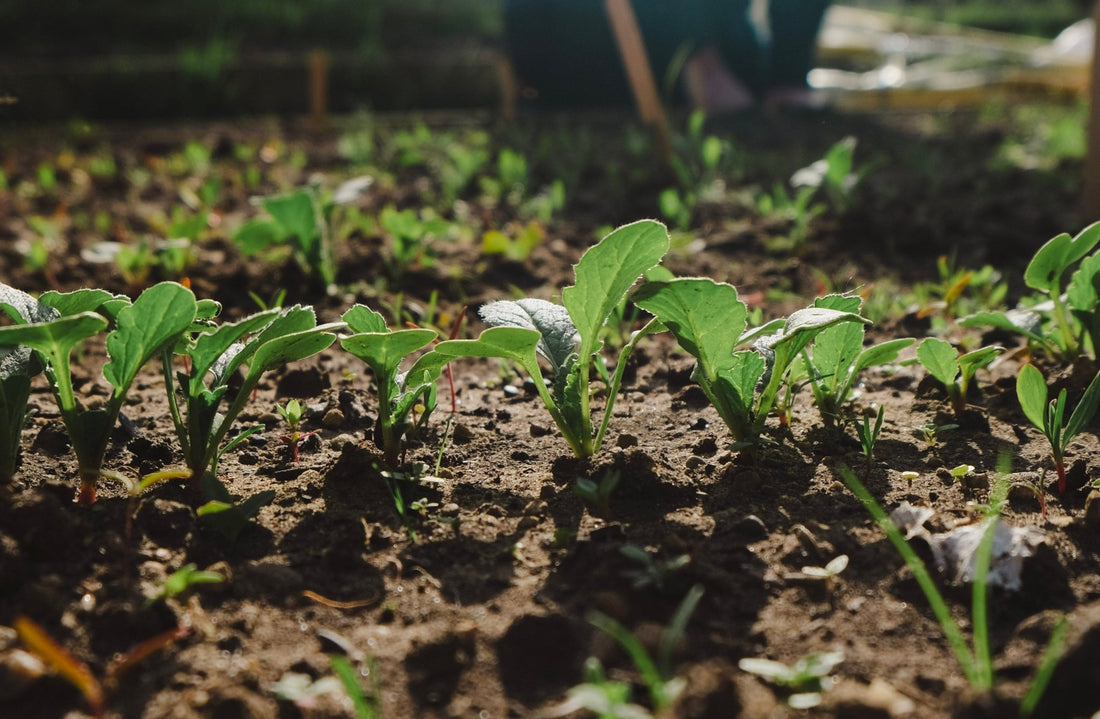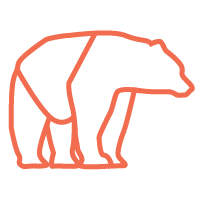
A Post-Growth World
Share
Growth is something we think about a lot.
More specifically, degrowth.
If you haven’t come across the term before, you’re not alone. It’s not mainstream yet, but it’s beginning to show up more in discussions around the future of our planet, our economies, and how we live our lives.
Degrowth challenges the idea that more is always better. It questions the assumption that constant economic expansion is the only way forward. Instead, it asks us to think about living within limits. Taking care. Slowing down. Doing less, but doing it better.
Less extraction, more regeneration.
Less noise, more connection.
Less striving, more enough.
There’s a growing movement of people, economists, activists, artists, and researchers, who believe that degrowth could offer a way through some of the biggest problems we face: the climate crisis, widespread burnout, deepening inequality and the erosion of community.
It’s not about collapse or going backwards. It’s about reimagining what progress could mean. Not growth for its own sake, but growth in the right places: in relationships, in resilience, in meaning.
Without exactly setting out to, we’ve found ourselves as part of this conversation
Because of the way Wildish and Wildish Club have taken shape, people have started to use us as an example. There’ve been case studies, mentions in theses and PhD research papers and we've even been part of a UN discussion on the subject.
And the reason, apparently, is that we’re doing something quite rare. We said we’d only make 25 bags a week. And we meant it. We said we’d prioritise community over scale. And we stuck with it.
It never felt radical to us. It still doesn’t. But maybe it is, in a culture where businesses are expected to grow quickly or die trying. Where success is measured in metrics, not meaning.
When growth is the default, choosing limits looks pretty odd.
But limits can also be an invitation. A chance to ask different questions. And what we're most interested in isn’t just the critique of endless growth. What really excites us is the question of what might come after it.
This is where the idea of post-growth comes in. If degrowth helps us name the problem, post-growth invites us to imagine the future. It’s not just about saying no to more, it’s about saying yes to better. What does it look like to build wonderful lives, businesses, and communities, without the need for constant expansion?
Maybe it would look slower. Quieter. Not stagnant, but steadier. A culture that values repair over replacement. That sees time as something to be shared, not spent. That builds things to last. That leaves space for rest and reflection.
Maybe it’s a world where people know their neighbours. Where making something by hand isn’t seen as quaint, but as worthwhile. Where businesses exist to serve the communities they’re part of, not to extract from them.
A world where growth doesn’t mean more stuff, but deeper roots. Richer soil. Better stories.
We’re not there yet. But we think it’s a world worth imagining and one that we're working hard to build.
Buy the Wildish Guide to Growth to read more, and help us keep growing - in our own way.



